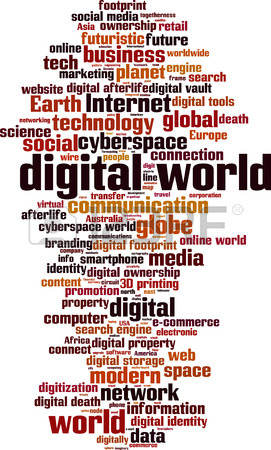|
Digital technology plays such an integral to both our personal and professional lives that we should properly plan ahead as to managing it if something were to happen to us.
But what is digital property? Digital Property is any information that exists in digital form, either online or on an electronic storage device, and includes the information necessary to access the digital asset. It includes data, Internet accounts, and other rights in the digital world, such as contractual rights and intellectual property rights. Data are the files and information stored and used by computers (such as e–mails, word processing documents, spreadsheets, pictures, audio files, and movies). This data may be stored locally on a computer’s hard drive or on removable media, or it may be stored remotely and accessed over the Internet. Here’s a more specific list of what's included in your digital estate:
With all the privacy issues and encrypted electronic data, if a person has not planned ahead, it may be difficult if not practically impossible to locate and access certain types of digital property. Make sure you have at least a list of your accounts, a designation of who would manage and have access to it, and plan for how you would want it managed.
0 Comments
Leave a Reply. |
About the AuthorChristine Chung, Esq. Archives
March 2020
Categories
All
|
|
Home | About Us | Attorneys | Virtual Services | Practice Areas | FAQs | Contact Us
© 2018 Law Offices of Christine Chung. All rights reserved. Disclaimer/Privacy Notice |


 RSS Feed
RSS Feed

